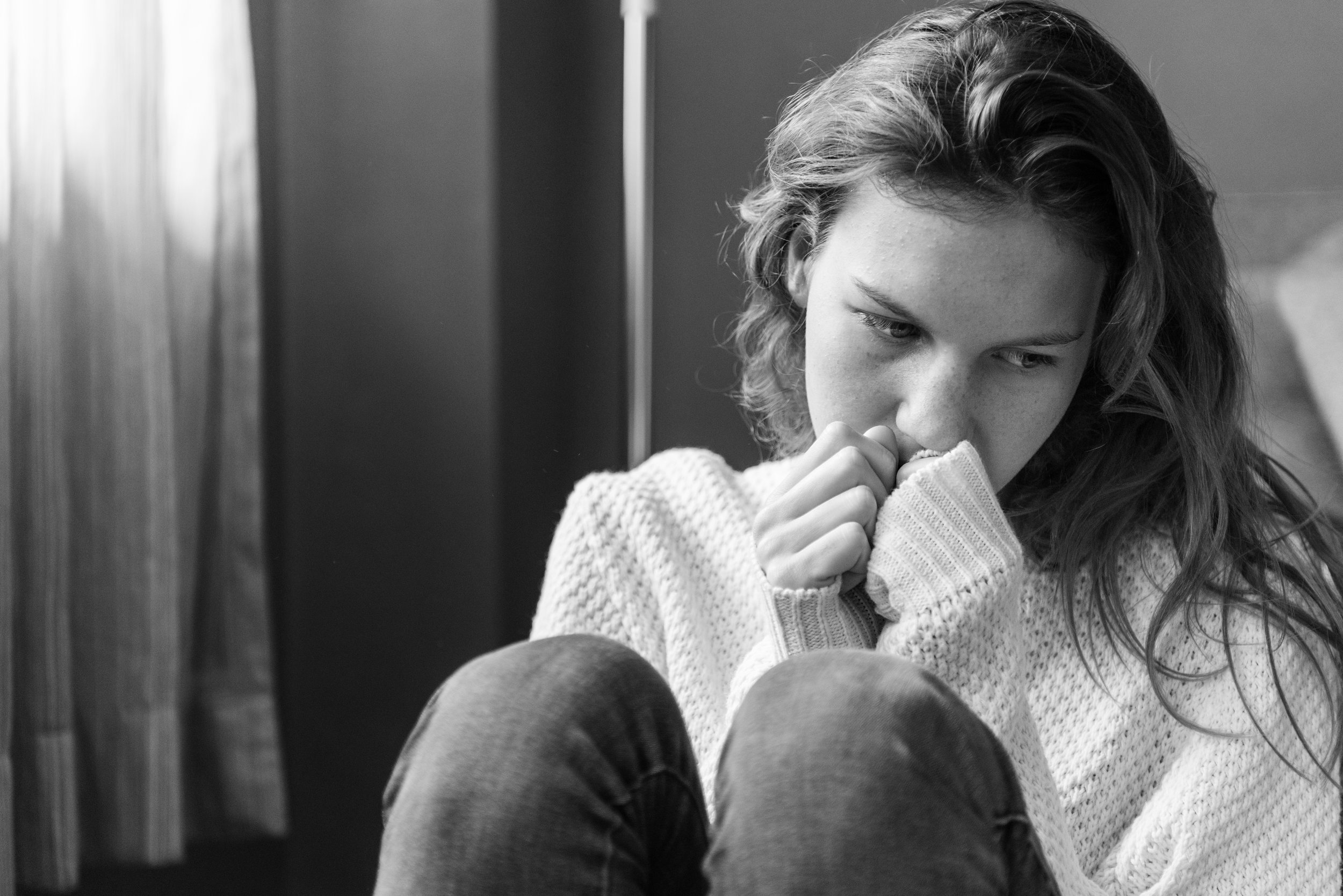By Annabelle Parr
Most of us probably know what it’s like to feel nervous about public speaking or before going on a first date. We might feel anxious before a job interview, or find our palms get sweaty right before we shake hands with someone we’ve just met. But for the 7 percent of US adults that experience social anxiety disorder in a given year, the fear of humiliation and embarrassment can be debilitating (National Institute of Mental Health, 2017).
What is social anxiety disorder?
Getting anxious in a social situation does not mean that you have social anxiety disorder. In order to receive this diagnosis (American Psychiatric Association, 2013), you must experience persistent fear or anxiety about one or more social situations, causing you to either avoid or suffer through the feared situation. In addition, you must also fear that your behavior will reflect your anxiety and that this will lead to negative social repercussions, like humiliation or rejection. Finally, the anxiety must be out of proportion to what might be expected in that context. This fear, anxiety, or avoidance around social situations must last for at least 6 months and it must make it difficult to function in important areas of life, such as work, school, or relationships.
What are some examples of situations that trigger social anxiety?
Individuals experiencing social anxiety might find themselves feeling anxious about any number of situations, including making small talk with coworkers, interacting with the cashier at the grocery store, ordering a latte, going on dates, attending parties, eating in public, giving a speech or presentation, or performing in front of an audience. The main fear underlying social anxiety is experiencing rejection or humiliation.
Social anxiety isn’t all bad.
Like all anxiety disorders, social anxiety disorder is an adaptive response gone awry. The reason we all know that heart pounding, cheeks flushing, palms sweating reaction to a nerve-wracking social situation is that we have evolved physiologically to avoid any trace of rejection. Humans are inherently social animals, and our survival has depended upon our ability to function in the context of relationships. Beyond basic survival, relationships also add joy and meaning to our lives. As a result, we are literally neurologically wired to connect with one another. We achieve that social connection by concerning ourselves with what those around us think, need, and feel. Imagine a world where everyone only cared about themselves and paid no attention to the impact they had on others…yikes! So a little anxiety around situations that might result in rejection can be a really healthy, adaptive response. However, if you find yourself so afraid of rejection that you can’t be vulnerable enough to engage in necessary or meaningful social interactions, that’s when social anxiety can become problematic.
Risking rejection is part of the process of having deeper connections.
The paradox here is that in order to seek connection, you are also automatically risking rejection. You cannot get the joy and reward of interacting and bonding with others if you are not also willing to accept that this will sometimes result in pain, embarrassment, or rejection. Social anxiety disorder – unlike manageable anxiety that shows up in any number of vulnerable situations – hinders connection because the desire to avoid rejection overwhelms the impulse to seek connection. In other words, you miss out on both the risks and the rewards.
What are the consequences of social anxiety disorder?
When social anxiety reaches disordered levels, it can make it impossible to focus on anything but anxiety, so you are unable to be truly present in the situation and you white-knuckle your way through. Or it is so overwhelming that you avoid the situation entirely, and life becomes restricted by fear. It can result in isolation, loneliness, and underperformance in areas which you might otherwise excel. The catch is that the anxiety is so strong that it prevents you from learning that a positive outcome is possible. In Acceptance and Commitment Therapy (ACT), this is called experiential avoidance.
Does social anxiety have to rule my life?
No! The good news is that social anxiety is highly treatable. With Cognitive Behavioral Therapy (CBT), clients can learn to reframe their anxious thoughts to be more realistic, as opposed to catastrophic. They can learn that anxiety is not all bad, but how we view it drastically affects how it impacts us. And with the help of a therapist, they can learn to slowly face the things that have come to feel impossible. ACT, the third wave of CBT, can also help clients to get in touch with their values and act in ways that bring meaning to their lives, even when they are experiencing something difficult, like anxiety or fear.
Getting anxious in social situations is a pretty universal experience. It’s hard to find someone who has never been nervous about some kind of vulnerable, human-to-human experience. But when it becomes something that is making it difficult to engage in life in the ways that bring you purpose and joy, it might be worth reaching out for some help.
IF YOU FIND YOURSELF STRUGGLING, FEELING STUCK, AND/OR COULD USE SOME HELP NAVIGATING YOUR FEELINGS, YOU COULD BENEFIT FROM COGNITIVE BEHAVIORAL THERAPY, ACCEPTANCE AND COMMITMENT THERAPY, AND MINDFULNESS. DR. SHOSHANA SHEA CAN HELP. SHE CAN BE CONTACTED AT 619-269-2377.
References
American Psychiatric Association. (2013). Diagnostic and statistical manual of mental disorders (5th ed.). Washington, DC: Author.
National Institute of Mental Health. (2017). Social anxiety disorder: Statistics [Webpage]. Retrieved from https://www.nimh.nih.gov/health/statistics/social-anxiety-disorder.shtml





